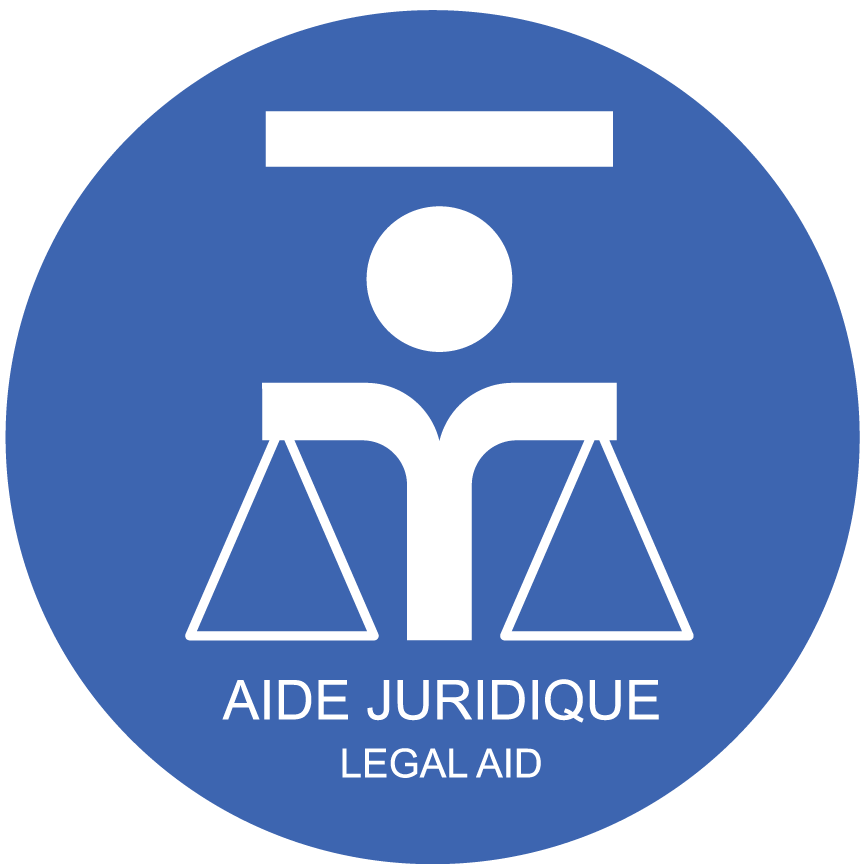At your first legal aid appointment, you should bring information about your legal problem and financial situation. This is not mandatory but will be very helpful! Legal aid will guide you in gathering the information necessary to evaluate your eligibility. If you don’t provide the necessary information, your legal aid application could be refused.

Documents concerning your legal problem
You should bring documents concerning your legal problem, for example, a notice of a hearing, if you’ve received one. This will enable the lawyer to better understand your situation and determine if the legal services you need are covered by legal aid. The lawyer can then advise you appropriately.
If you’re unable to obtain documents about your legal problem before your legal aid appointment, your legal aid lawyer can obtain them once your eligibility has been confirmed. The documents needed depend on your legal problem, for example, a demand letter, a notice of rent increase, a notice to appear at the Immigration and Refugee Board, or an application for a civil legal action.
Information about your financial situation
The legal aid lawyer will determine your eligibility and can find you eligible before seeing any documents about your financial situation. However, you may have to show the income you earned during the year prior to your legal aid application. For example, if you apply for legal aid in 2024, you may have to provide proof of your income in 2023. To do this, you could provide your
- federal and provincial notices of assessment,
- tax returns and supporting documents (T-4, Relevé 5, financial statements and other documents, if necessary to show your financial situation).
You could also bring documents to show your income for the current year. The documents depend on your personal situation:
Situation
Documents required
Employee
- last pay slip from all jobs held since January 1 of the year of your legal aid application
Employment insurance
- detailed statement showing payment amounts and number of weeks paid
- T4E slip (available from “My Service Canada Account”)
Social assistance (welfare)
- claim slips for the month in which you apply for legal aid (this is the only document required to prove that you qualify financially).
Self-employed
- copy of current financial statements with supporting documents
Payments from the SAAQ, CNESST, IVAC or other programs
- Relevé 5
- letter indicating the number of payments received
Student
- statement of loans and bursaries
- proof of tuition fees
- copy of the agreement with Emploi Québec indicating the amount paid (if applicable)
Support payments
- statement from Revenu Québec showing the amounts received for the current year
- copy of the most recent judgment concerning support payments






